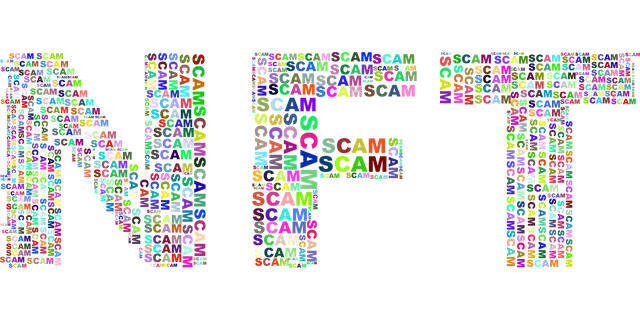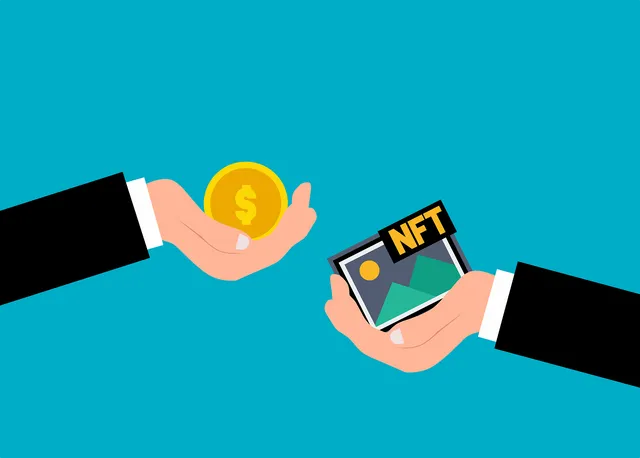NFTs: Unraveling the controversy surrounding digital assets.

Recently, non-fungible tokens (NFTs) have taken the digital world by surprise, revolutionizing how we perceive ownership and value in the realm of digital assets. However, as the popularity of NFTS grows, so does the debate over their legitimacy. Some critics vehemently argue that NFTs should be considered a scam, citing concerns such as environmental impact, potential copyright issues and overall lack of intrinsic value.
On the other hand, others defend that NFTs offer unprecedented opportunities for artists and creators to monetize their work. In this article, we will delve into the multifaceted controversy surrounding NFTs, exploring both sides of the argument.
Environmental Impact: The Carbon Footprint Debate
One of the primary criticism against NFTs revolves around the environmental impact of blockchain technology, which underpins most NFT transactions. As you may already know, block chain relies on energy-intensive proof-of-work algorithms, leading to concerns about carbon footprints and it's contribution to climate change. Critics argue that the energy consumption associated with minting and trading NFTs is unsustainable, pointing to the ecological consequences of any industry booming at the expense of the environment.
Intrinsic Value: The Challenge Of Defining Worth in the Digital Realm
Often time, the intrinsic value of these digital assets are always questioned. Unlike physical artworks or tangible items, digital files can be easily replicated, Detractors argue that owning an NFT doesn't confer true ownership or tangible utility, as anyone can still access and replicate the digital content. The question of whether digital art or collectibles can hold lasting value without a physical counterpart remains a key point of contention.
Copyright Concerns

Concerns are raised about potential copyright infringement. The decentralized and pseudonymous nature of blockchain transactions can make it challenging to enforce intellectual property rights. Instances of artists' works being tokenized without their consent have fueled skepticism surrounding NFTs.
Balancing the innovative potential of blockchain with the need to 0rotect creators'rights is a delicate task.
The Supposed Good Side Of NFTs

According to supporters of NFTs, NFTs offer a revolutionary way for artists and creators to monetize their digital creations. NFTs provide a direct means of connecting with fans and collectors, cutting out traditional intermediaries. By enabling creators to recieve royalties on secondary sales, NFTs promise a more equitable distribution of value within the art and entertainment industries.
In conclusion, there are potential benefits surrounding NFTS, but the disadvantages seems to overshadow those benefits. While the concerns about environmental impact, intrinsic value, and copyright infringement are valid, NFTs also represent a transformative force in how we perceive and exchange digital assets. Striking a balance between innovation and responsibility will be essential as the world navigates the evolving landscape of blockchain technology and it's impact on digital economy.
Image Soures: Pixabay